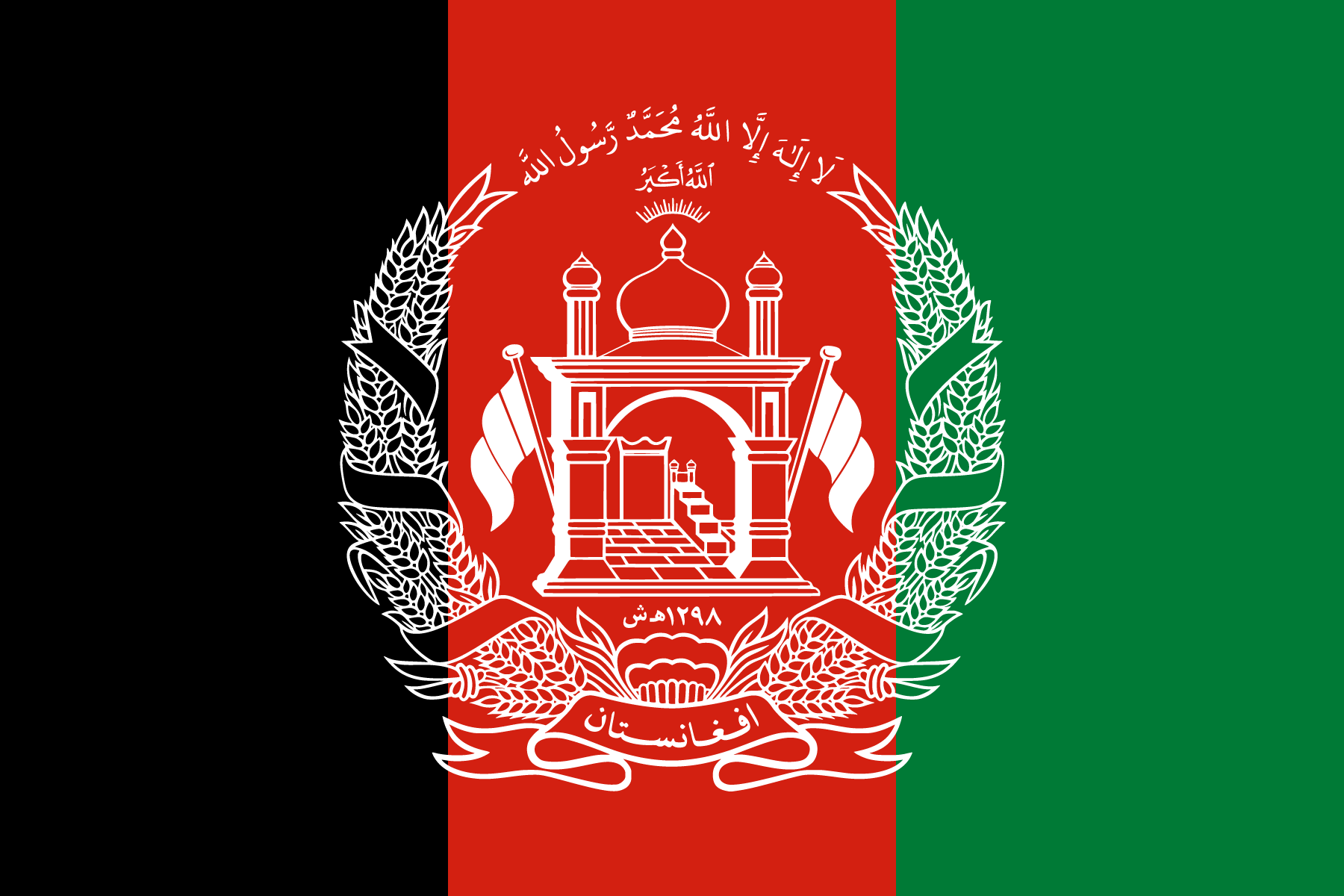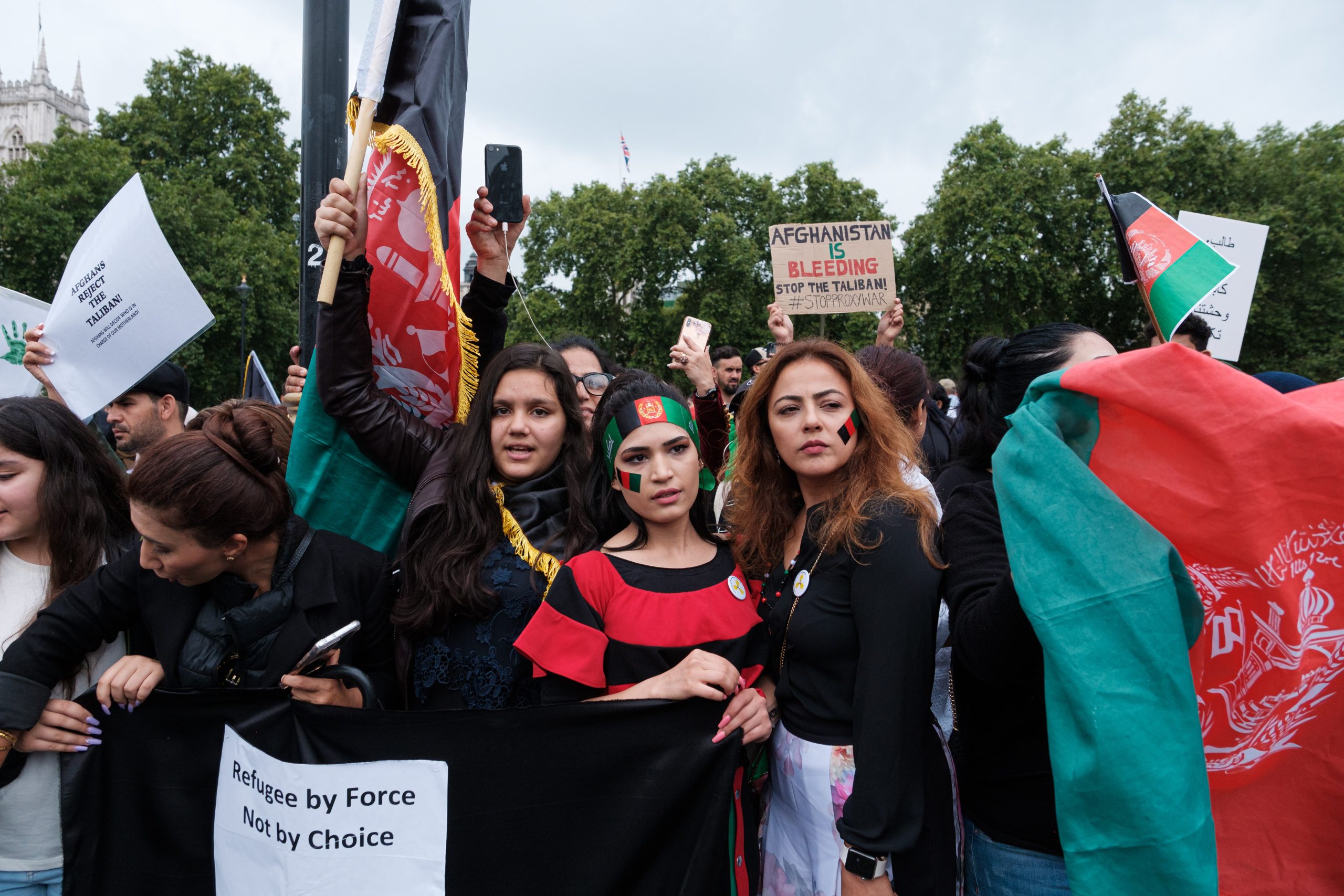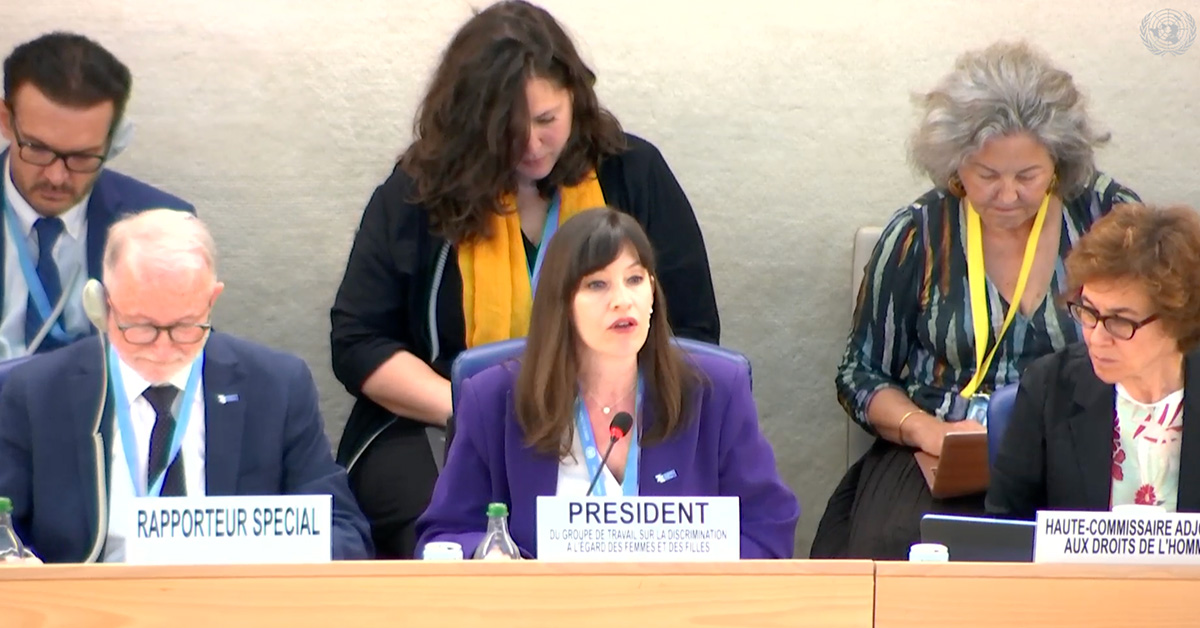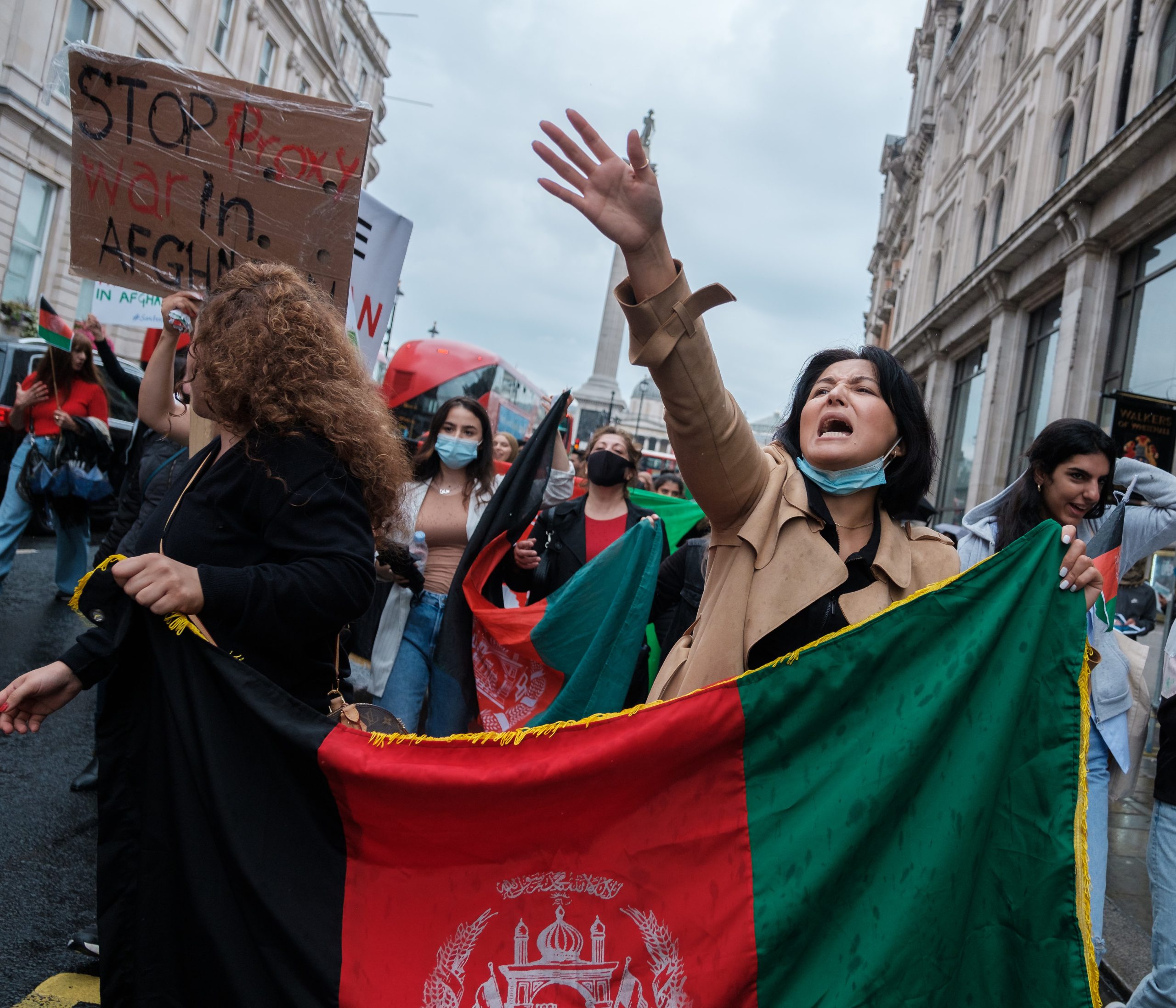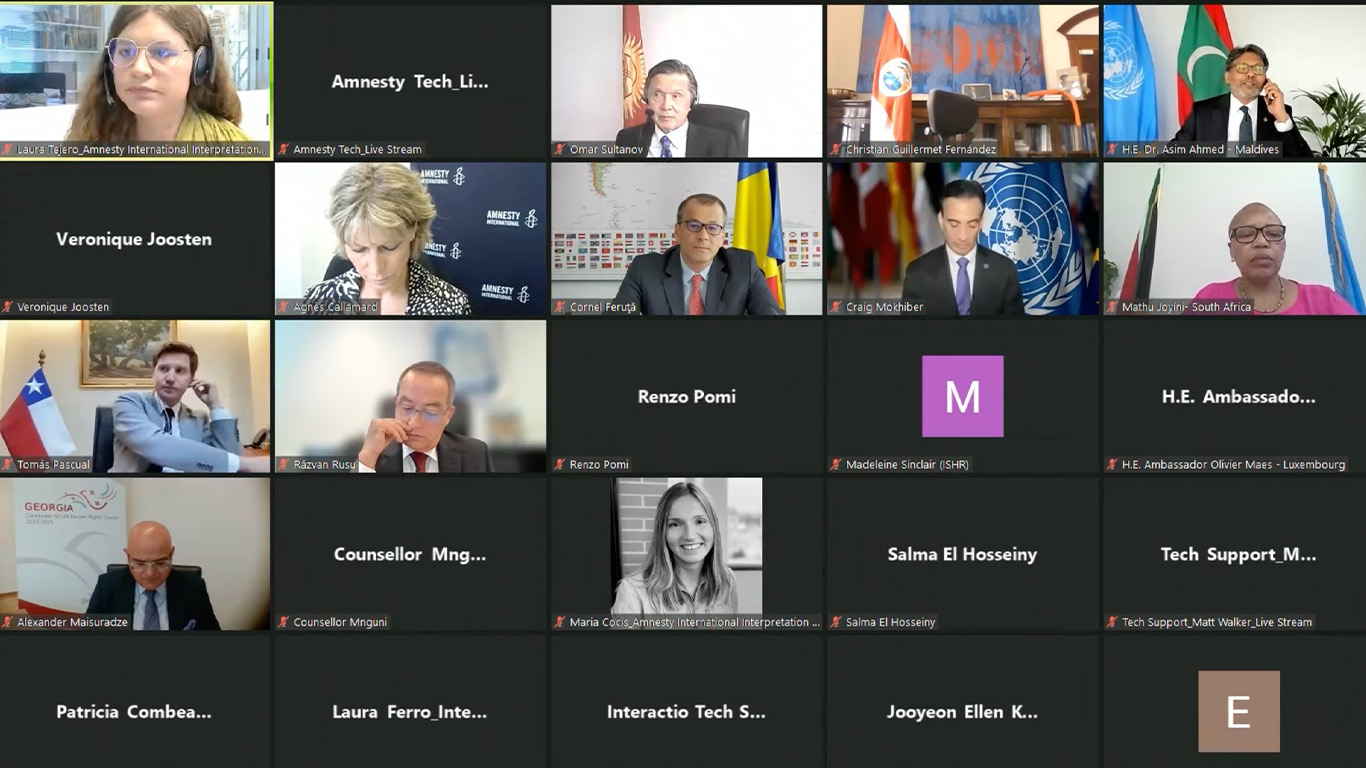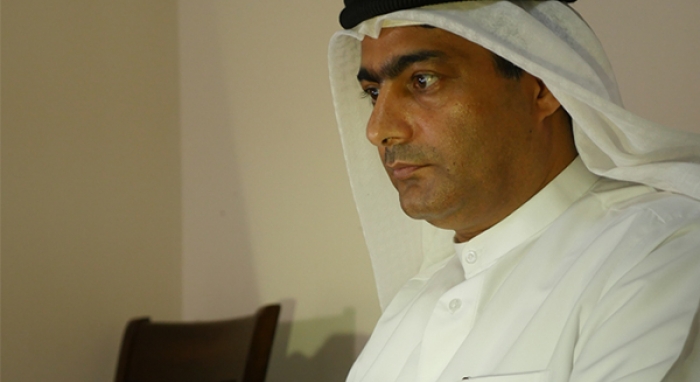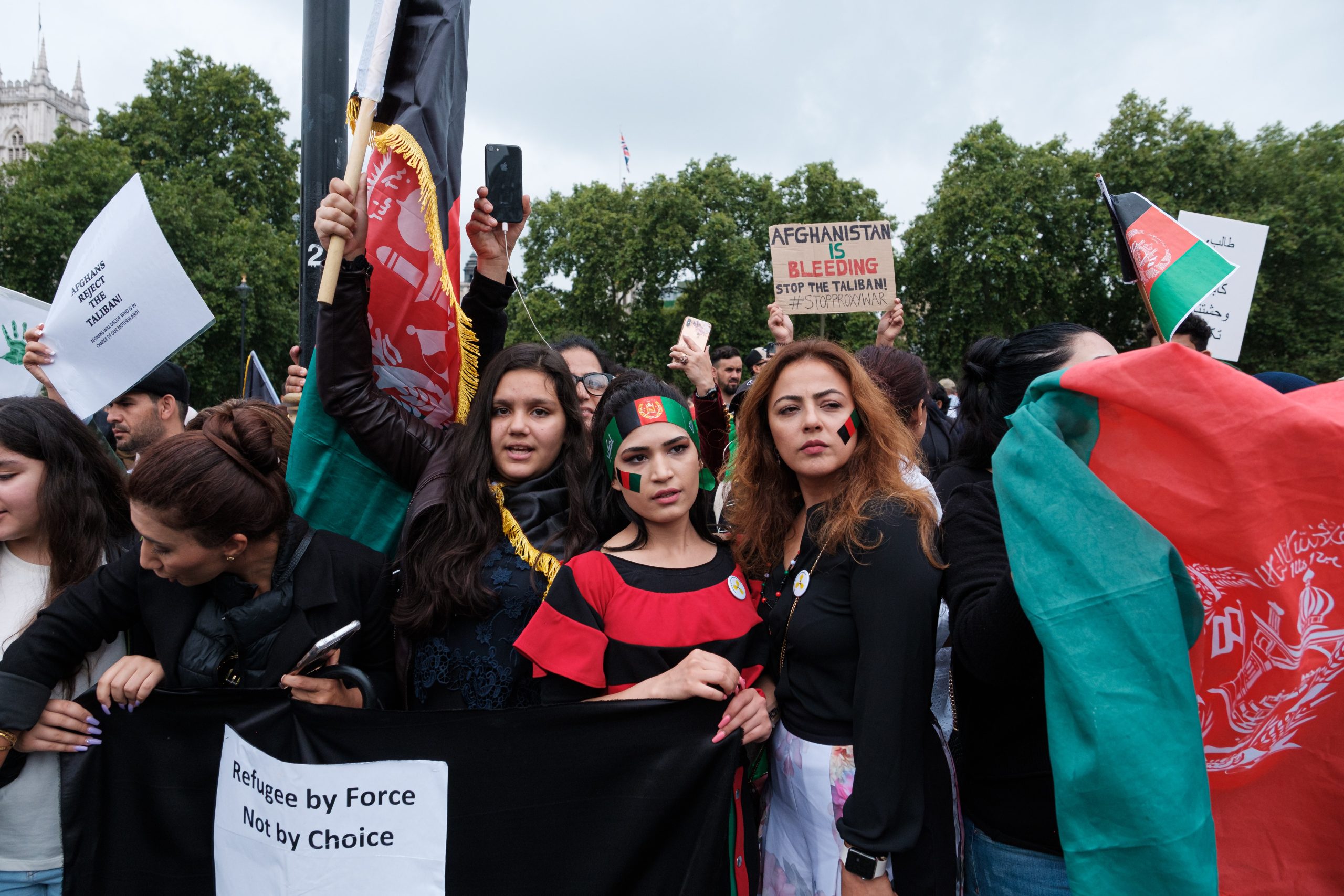
#HRC57: Women defenders call on Council to ensure justice for human rights violations in Afghanistan
Notwithstanding the Human Rights Council (the Council)’s sustained attention on Afghanistan and the adoption of a resolution renewing the Special Rapporteur’s mandate, the Council failed to adequately respond to the escalating human rights crisis and calls from civil society and women human rights defenders. Governments need to take action now!



